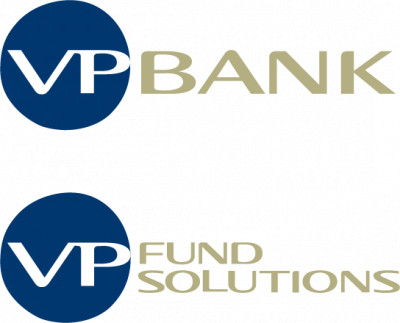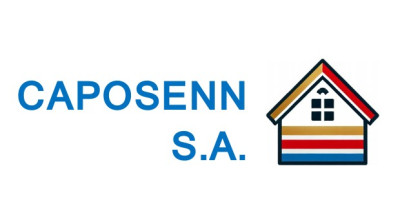At some point in their professional lives, everyone ponders this question. Whether you are already in a managerial role or aspire to progress in your career, the question remains highly relevant in 2025. Management practices continue to evolve, shaping new approaches and expectations. To address this topic, Olivier Mesly, Christophe Rethore, and Olivier Braun, professors at ICN Business School, have conducted extensive research.
The culture of management
In many Western companies, personal opinions often take precedence over teamwork. Rather than striving for consensus, individuals focus on asserting their own viewpoints. Whether driven by ego or a desire for recognition, this approach is counterproductive and can even lead to toxic workplace environments. Being a good manager certainly does not align with this mentality. Fortunately, other cultures and business practices, such as those in Japan, offer a different perspective.
One of the authors previously worked with Mitsubishi in international markets. In Japan, success is viewed as a collective achievement rather than an individual one. Japanese managers prioritise consensus over conflict by empowering their teams. They also place greater emphasis on their employees' well-being and emotional intelligence rather than solely focusing on performance metrics.
Upon returning to Europe, he was struck by the lack of cohesion and the prevalence of competition, sometimes leading to detrimental behaviours. The French approach to management tends to be more directive, despite allowing room for debate and challenges to hierarchical decisions. But does fostering open discussion truly define a good manager?
Recent research conducted by our experts suggests that key consensus factors (KCFs) can be identified and leveraged.
Becoming a good manager with KCF
What exactly are KCFs? These are organisational and human elements that help project teams set aside excessive individual interests in favour of collective success. Through their research, particularly among project managers and teams, the authors have identified four key factors.
First and foremost is the establishment of behavioural norms, including active listening. This promotes open and constructive communication among team members. When individuals feel valued, they experience less anxiety and are more likely to express themselves freely. This environment encourages the sharing of innovative ideas, which may be highly productive or even transformative. As a result, interpersonal relationships and mutual trust are strengthened. Such an atmosphere facilitates conflict resolution—an inevitable aspect of teamwork—and fosters creativity.
The second key factor is adherence to the "triple constraint" of budget, quality, and delivery timeline. By respecting these constraints, decisions are optimised according to available resources. This approach also shifts the focus towards achieving success rather than dwelling on failures. Additionally, it provides a clear framework for every team member, supports proactive risk management (external risks) and vulnerability management (internal risks), and ensures the satisfaction of all stakeholders, including investors and clients.
Another essential factor is establishing a shared belief system focused on a clear goal. A well-defined purpose enables all team members to align their efforts and actions, reinforcing a cohesive vision. This alignment enhances overall efficiency and fosters a sense of belonging and commitment. When teams feel connected and engaged, they are better equipped to overcome challenges and solve problems. This resilience contributes to shaping a positive and motivating corporate culture.
The fourth key factor is the ability to carefully anticipate unexpected events. These can be categorised into three types: those that are foreseeable and manageable, such as a larger-than-expected customer turnout on a store’s opening day; those that are predictable but lack immediate solutions due to their complexity, such as a manufacturing defect; and those that are entirely unforeseeable, like the Apollo 13 crisis. It is often this last category that truly challenges team cohesion. By proactively identifying risks and vulnerabilities, teams can better assess project uncertainties and internal weaknesses. This level of preparedness enables swift responses, reducing panic, stress, and additional costs—factors that can erode confidence and hinder initiative.
Would you make a good manager?
In summary, becoming a good manager requires embracing the key consensus factors. These essential elements contribute to successful project teams by:
- Encouraging open communication;
- Adhering to budget, quality, and timeline constraints;
- Establishing a shared belief system with a clear goal;
- Carefully anticipating unforeseen challenges.
These factors help build trust, foster creativity, and enhance overall team efficiency while mitigating risks and unnecessary costs. By integrating KCFs into management practices, project teams can not only achieve their objectives but also cultivate a positive and motivating corporate culture capable of overcoming even the most complex challenges.
Meet ICN Business School at the Moovijob Day Luxembourg on Friday, 28 March!
Discover all job opportunities for managers in Luxembourg on Moovijob.com.










